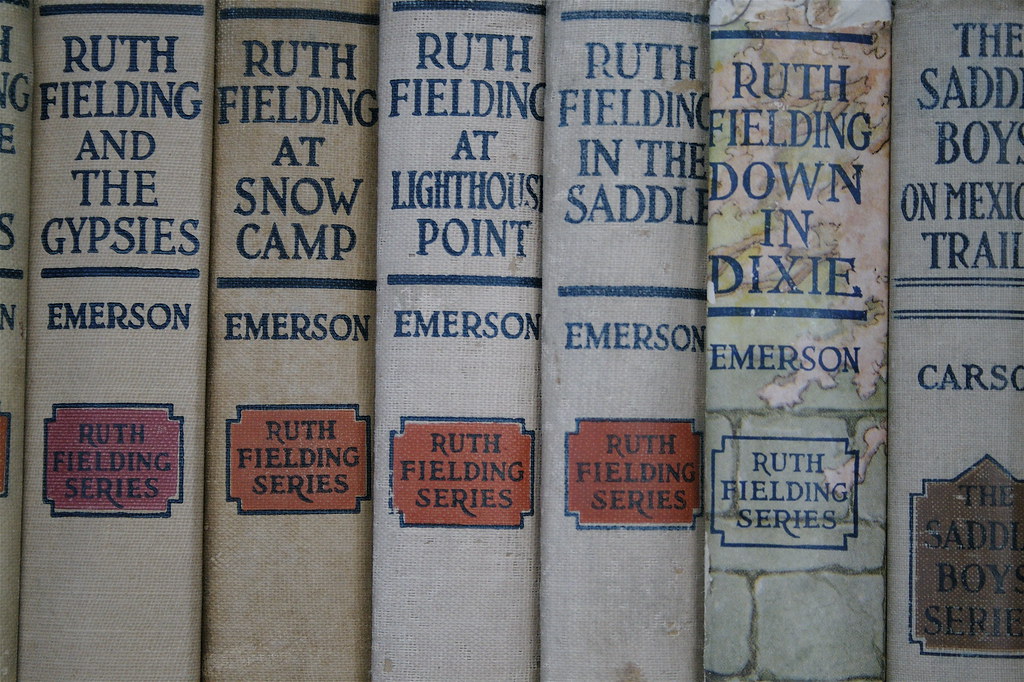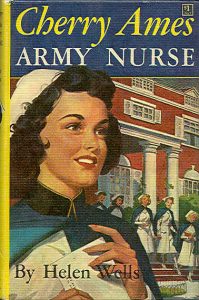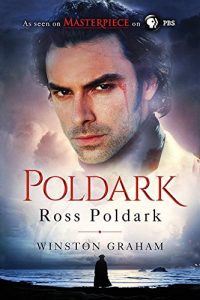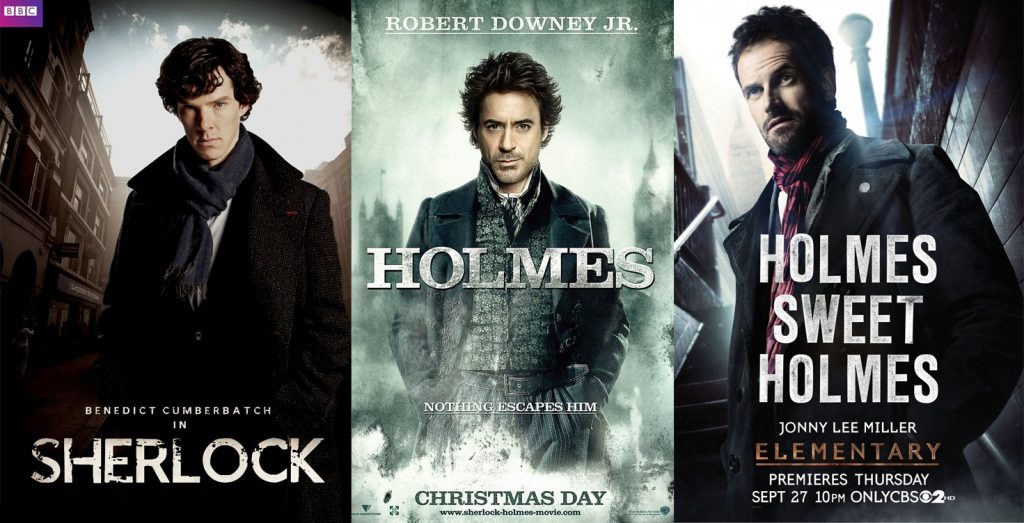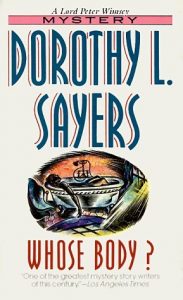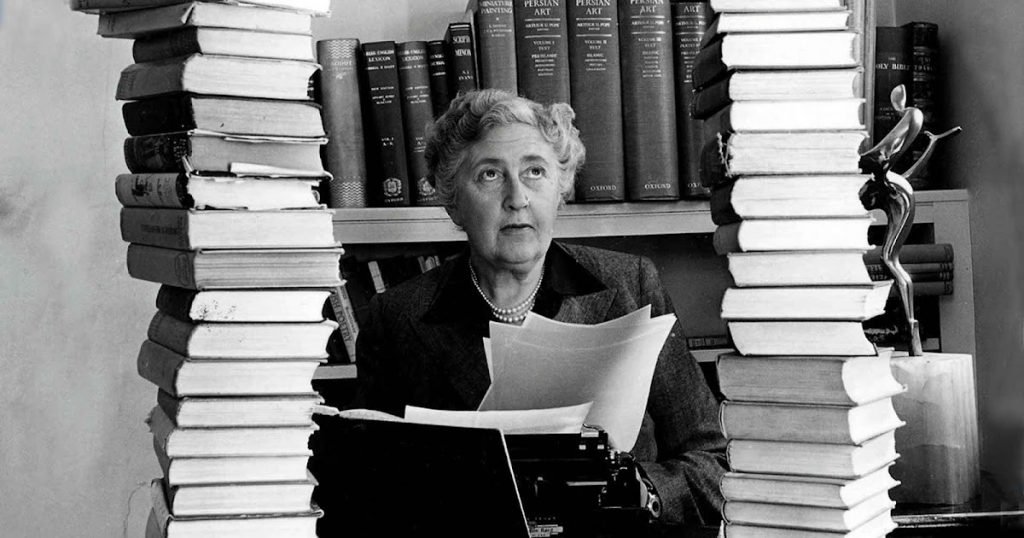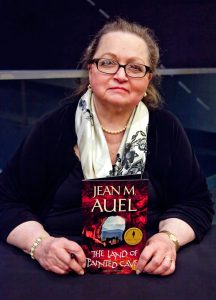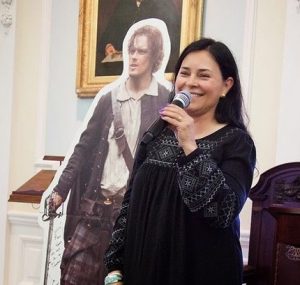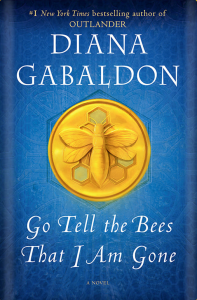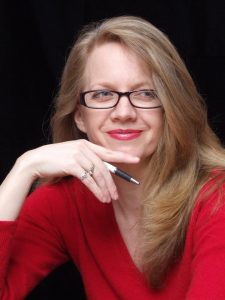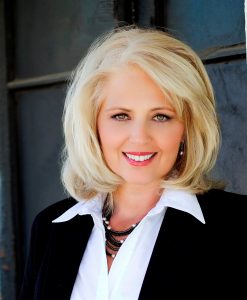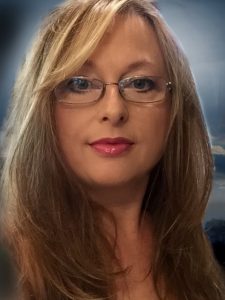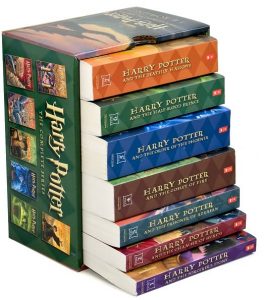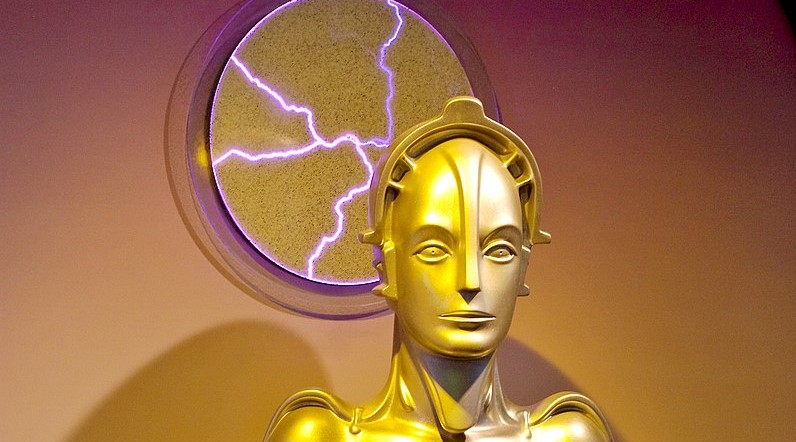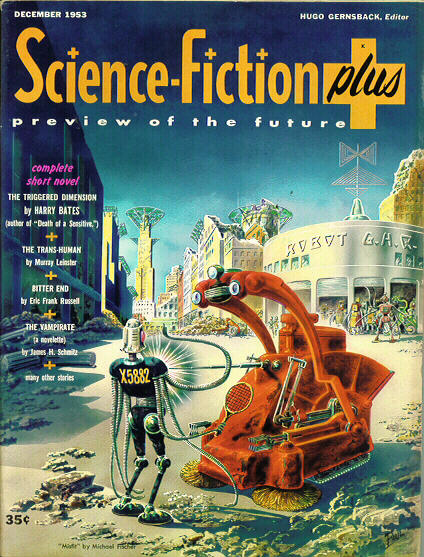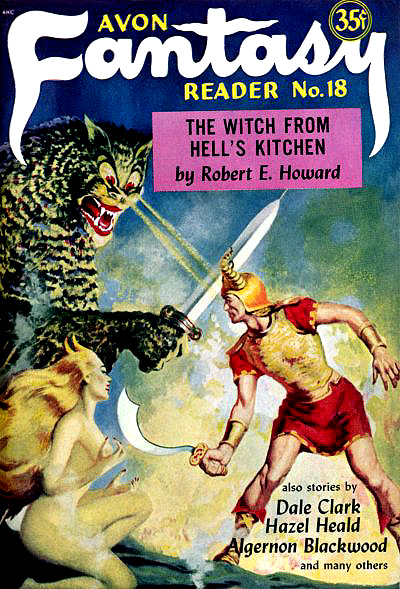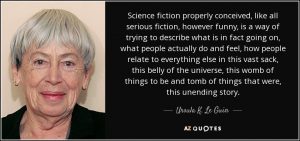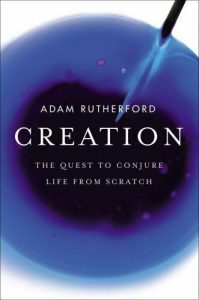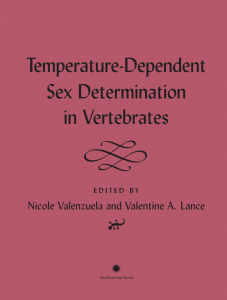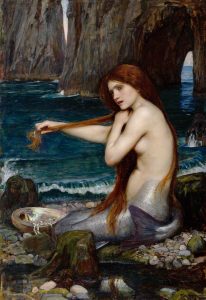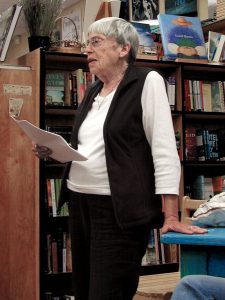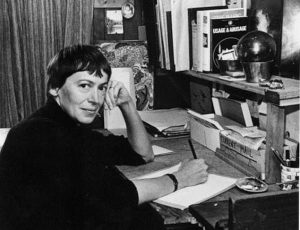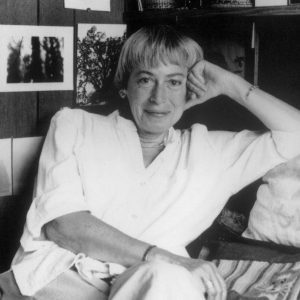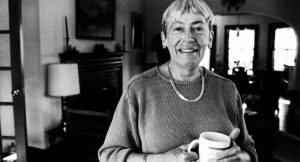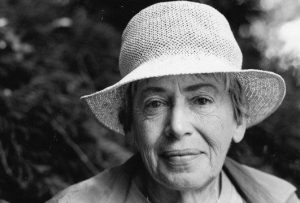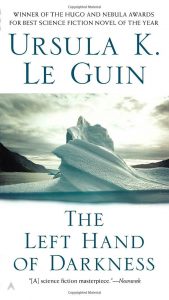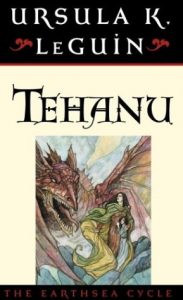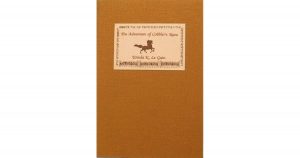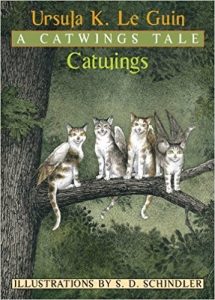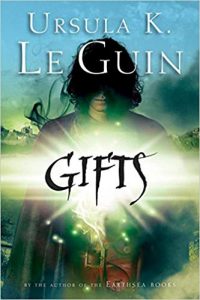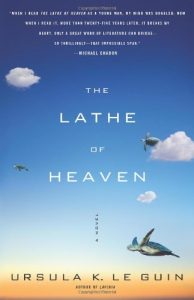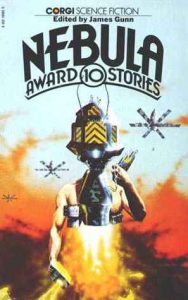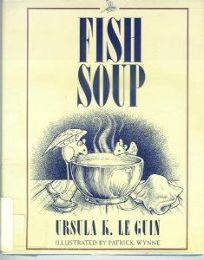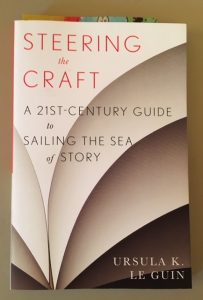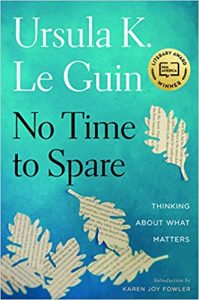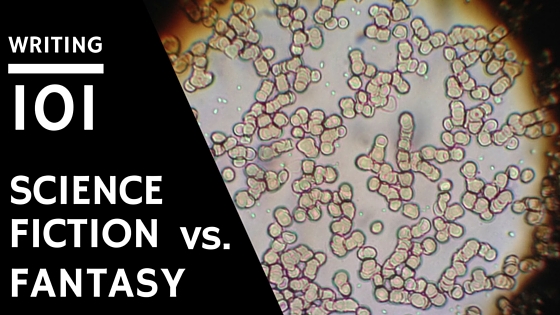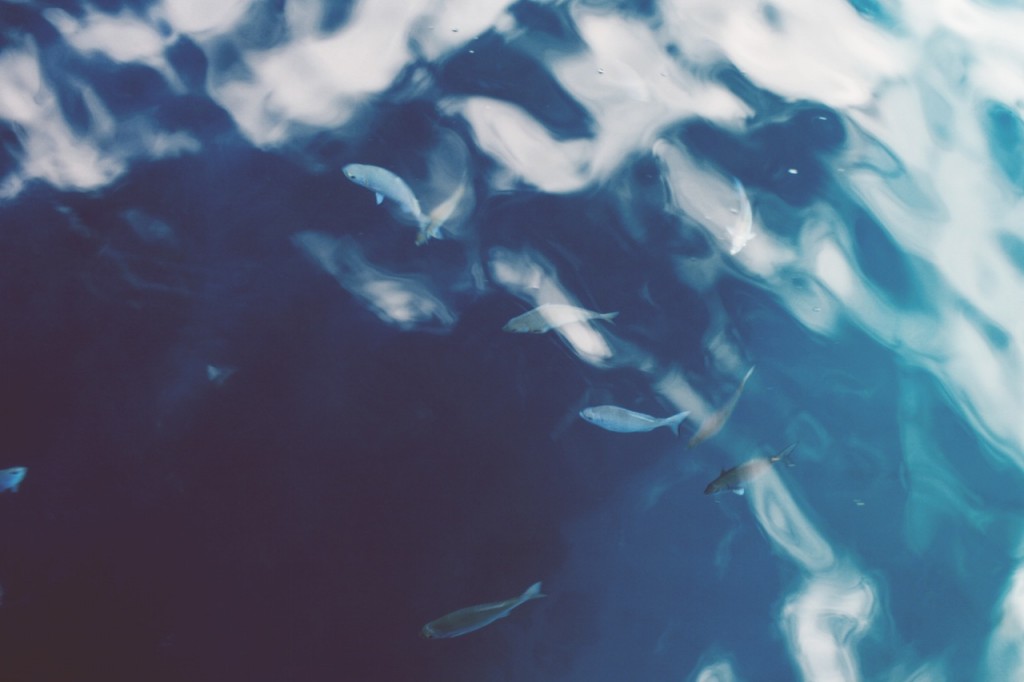I write short (for the most part) but I read long. This has been true all my reading life, especially for fiction series.
Completed Fiction Series
As a pre-teen I devoured the Cherry Ames nurse books by Helen Wells, following her career from student nurse onwards. Ditto the Ruth Fielding books, set in the 1920s and written by a group of people collectively using the pseudonym of Alice B. Emerson. Both involved adventure, sometimes mysteries, and young women who stepped outsides society’s rules and boundaries.
As an adult, my first fiction series addiction was The Poldark Saga by Winston Graham. In this instance, I was so taken with the story line as depicted on PBS Masterpiece Theatre that I read all eleven books, and liked the books even better. I’ve read the Poldark family saga more than once. That’s the way it is with a good read. Early on, I was so taken with the character of Demelza Poldark that for a time port wine was my alcohol of choice.
Once upon a time, my escapist reading was the Nero Wolfe mysteries (Rex Stout), but that’s a whole different kettle of fish. The same detective, the same sidekick, and the same chef, but really nothing to link the books together. Each puzzle is different and, once solved, presents no temptation to reread.
Sherlock Holmes is much the same. Sir Arthur Conan Doyle crafted beautifully written stories, but the point is “who done it.” That being said, I did love the modern BBC adaptation “Sherlock.”
I put the Lord Peter Wimsey fiction series somewhere in between. Dorothy L. Sayers has more of a through-line, and characters other than Lord Peter Death Bredon Wimsey DSO are more prominent. He solves mysteries for pleasure and is a perfect example of the British gentleman detective. I have actually reread her series because her writing is excellent, offering more than just the solution to the crime.
- I watched the BBC/PBS adaptations. In my opinion, neither Ian Carmichael nor Edward Petherbridge was the right choice for Lord Peter, though many fans hold very strong views favoring one or the other. It should have been Fred Astaire!
Unlike many, I was never taken with Dame Agatha Christie. Although her detectives are appealingly quirky, the solutions to the crimes (in my opinion) too often involve “alligator over the transom” elements. I.e., they depend too much on sudden, serendipitous revelations, or information known only to the detective, such that the reader couldn’t possibly have figured it out.
I greatly enjoyed the first two books in Jean M. Auel’s Earth’s Children series. Fiction series set in prehistoric times was quite novel to me, and she seemed well grounded in actual anthropology and biology. But after Clan of the Cave Bear and Valley of Horses, it went downhill for me. After that, the books weren’t as novel and they needed a good editor. It’s a 6-book series I never finished.
Ongoing Fiction Series
By the time I read Outlander, the first several books in the series were already in print. Action/adventure, romance, time-travel, and a touch of the supernatural… I’d never read anything like it.
I’ve read the first eight books twice, and marvel at Diana Gabaldon’s skill:
- Tracking a cast of thousands (dozens, anyway)
- Keeping characters and “facts” consistent
- Weaving details from earlier books into major elements in later ones
And let’s not forget the gripping storyline, spanning wars, continents, and generations.
I’ve read the spin-off Lord John books and collections of short stories. What I have not done is watch the TV series. I would grump about all that’s been left out!
I preordered book nine, Go Tell the Bees That I Am Gone, and it’s been on my shelf and on my kindle since November. At some level I am resisting reading it, for I don’t want the series to end. According to Gabaldon, the series is expected to be ten volumes.
Fiona Quinn has written several interconnected fiction series in The World of Iniquus. They feature separate but related action/adventure/romance plots and characters. She has created strong, knowledgeable, capable women, and I always learn things.
Another local writer I enjoy is Mary Burton. She, too, has written several fiction series, some interconnected and some stand-alone.
I’ve read a lot of L. T. Ryan, though his books tend to be more brutal than my usual fare.
Last but not least, I’ll mention Children of the Gods by I. T. Lucas. Per the Amazon blurb, “Twilight meets Ancient Aliens with the sizzle of Fifty Shades.” The writing isn’t on a par with Gabaldon, but it’s generally good and the series currently includes 62 books!
Miscellany
This year marks the 25th anniversary of the publication of the first of the Harry Potter books. I have the complete set, but I haven’t yet read the books or watched the movies.
Please note: these writers are not to be confused with the following
- Helen Wells, artist in England, or Helen Wells, talent scout in Indianapolis
- Winston Graham, neurosurgeon, or Winston Graham, race car driver
- Dorothy Sayers, psychologist in Pennsylvania, or Dorothy Sayers, a street in Maryland
- Rex Stout, wide model of riding lawnmower
- Diana Gabaldon, pharmacist in New Mexico, or Diana Gabaldon, teacher in Arizona
- Fiona Quinn, ultramarathon trainer and vegan gelateria owner in England
- I. T. Lucas, filmmaker in New York
Bottom line: All other things being equal, longer is better when I choose a fiction series. A 900 page book makes a great first impression here!

